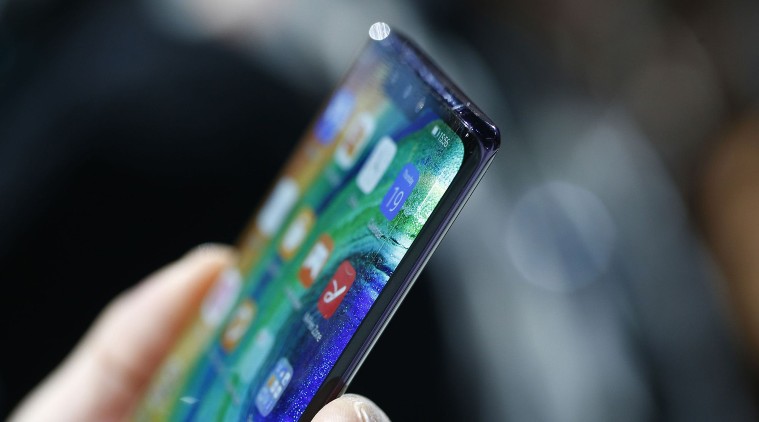Huawei beats Samsung in global smartphone shipments for the first time: Canalys
For the very first time Huawei leaves behind Samsung in global
smartphone shipments in the second quarter of 2020.
For the very first time, Huawei leaves behind Samsung in global
smartphone shipments in the second quarter of 2020.

According to the latest report coming from Canalys, the Chinese smartphone manufacturer shipped more smartphones worldwide than any other company for the first time in nine years. It also marks the first quarter in nine years that a smartphone manufacturer other than Samsung or Apple has led the market. In the quarter Huawei shipped 55.8 million units, although down 5 per cent year on year, followed by Samsung that shipped 53.7 million smartphones, a 30 per cent fall compared to quarter two 2019. The report suggests that Huawei has grown to dominate its domestic market by boosting its Chinese shipments by 8 per cent in the second quarter. The company now sells over 70 per cent of its smartphones in mainland China.
“China has emerged strongest from the coronavirus pandemic, with factories reopened, economic development continuing and tight controls on new outbreaks,” the report stated. Samsung Galaxy S20, Samsung Galaxy S20 price, Samsung Galaxy S20 prebooking, Samsung Galaxy S20 India price, Samsung Galaxy S20 Plus India price, Samsung Galaxy S20 specifications, Samsung Galaxy S20 Ultra India price, Samsung Galaxy S20 Ultra, Samsung Galaxy S20 Ultra India prebooking, Samsung Galaxy S20 India sale date It also marks the first quarter in nine years that a smartphone manufacturer other than Samsung or Apple has led the market. (Express photo: Sneha Saha) Notably, Huawei is still subject to US government restrictions which have stifled its business outside of mainland China. The company’s overseas shipments fell 27 per cent in the quarter.
 Samsung has a very small presence in China, with less than 1 per cent
market share, and has seen its core markets, such as Brazil, India, the
United States
Samsung has a very small presence in China, with less than 1 per cent
market share, and has seen its core markets, such as Brazil, India, the
United States

According to the latest report coming from Canalys, the Chinese smartphone manufacturer shipped more smartphones worldwide than any other company for the first time in nine years. It also marks the first quarter in nine years that a smartphone manufacturer other than Samsung or Apple has led the market. In the quarter Huawei shipped 55.8 million units, although down 5 per cent year on year, followed by Samsung that shipped 53.7 million smartphones, a 30 per cent fall compared to quarter two 2019. The report suggests that Huawei has grown to dominate its domestic market by boosting its Chinese shipments by 8 per cent in the second quarter. The company now sells over 70 per cent of its smartphones in mainland China.
“China has emerged strongest from the coronavirus pandemic, with factories reopened, economic development continuing and tight controls on new outbreaks,” the report stated. Samsung Galaxy S20, Samsung Galaxy S20 price, Samsung Galaxy S20 prebooking, Samsung Galaxy S20 India price, Samsung Galaxy S20 Plus India price, Samsung Galaxy S20 specifications, Samsung Galaxy S20 Ultra India price, Samsung Galaxy S20 Ultra, Samsung Galaxy S20 Ultra India prebooking, Samsung Galaxy S20 India sale date It also marks the first quarter in nine years that a smartphone manufacturer other than Samsung or Apple has led the market. (Express photo: Sneha Saha) Notably, Huawei is still subject to US government restrictions which have stifled its business outside of mainland China. The company’s overseas shipments fell 27 per cent in the quarter.
 Samsung has a very small presence in China, with less than 1 per cent
market share, and has seen its core markets, such as Brazil, India, the
United States
Samsung has a very small presence in China, with less than 1 per cent
market share, and has seen its core markets, such as Brazil, India, the
United States



No comments